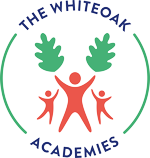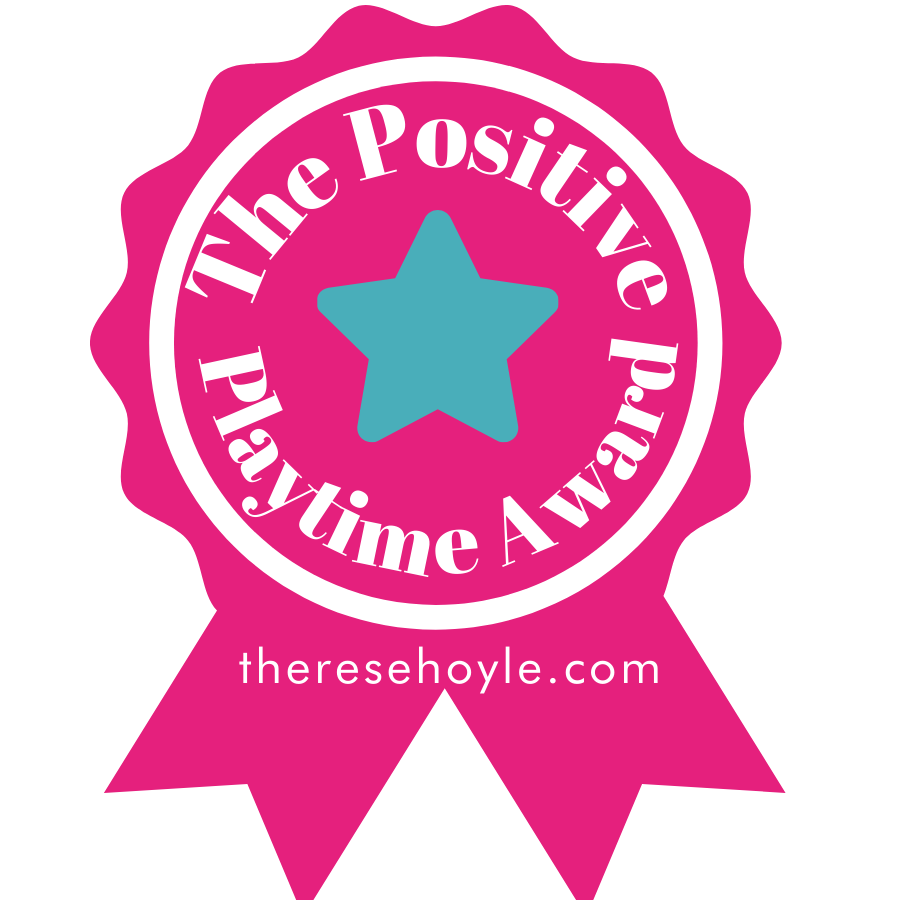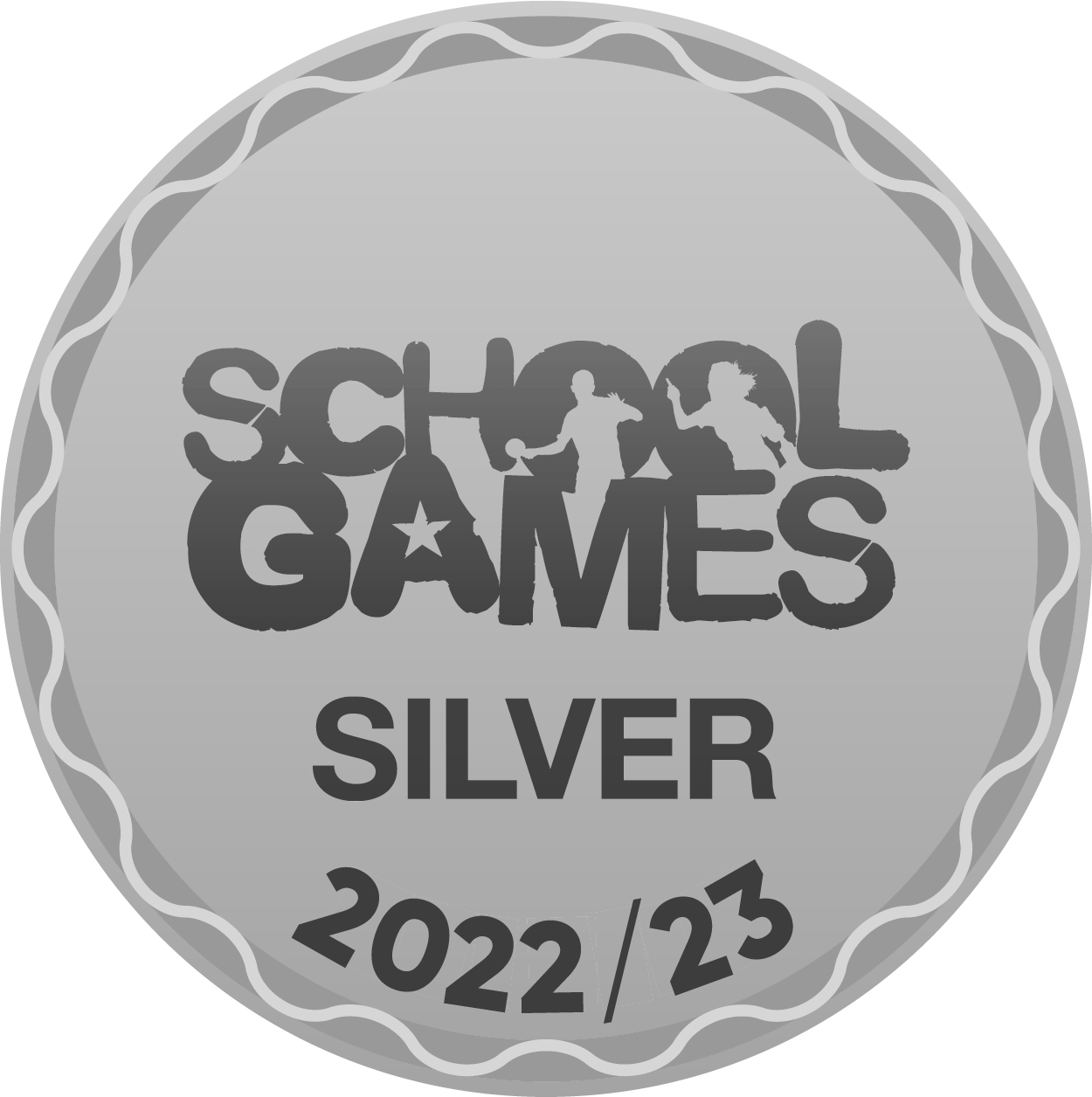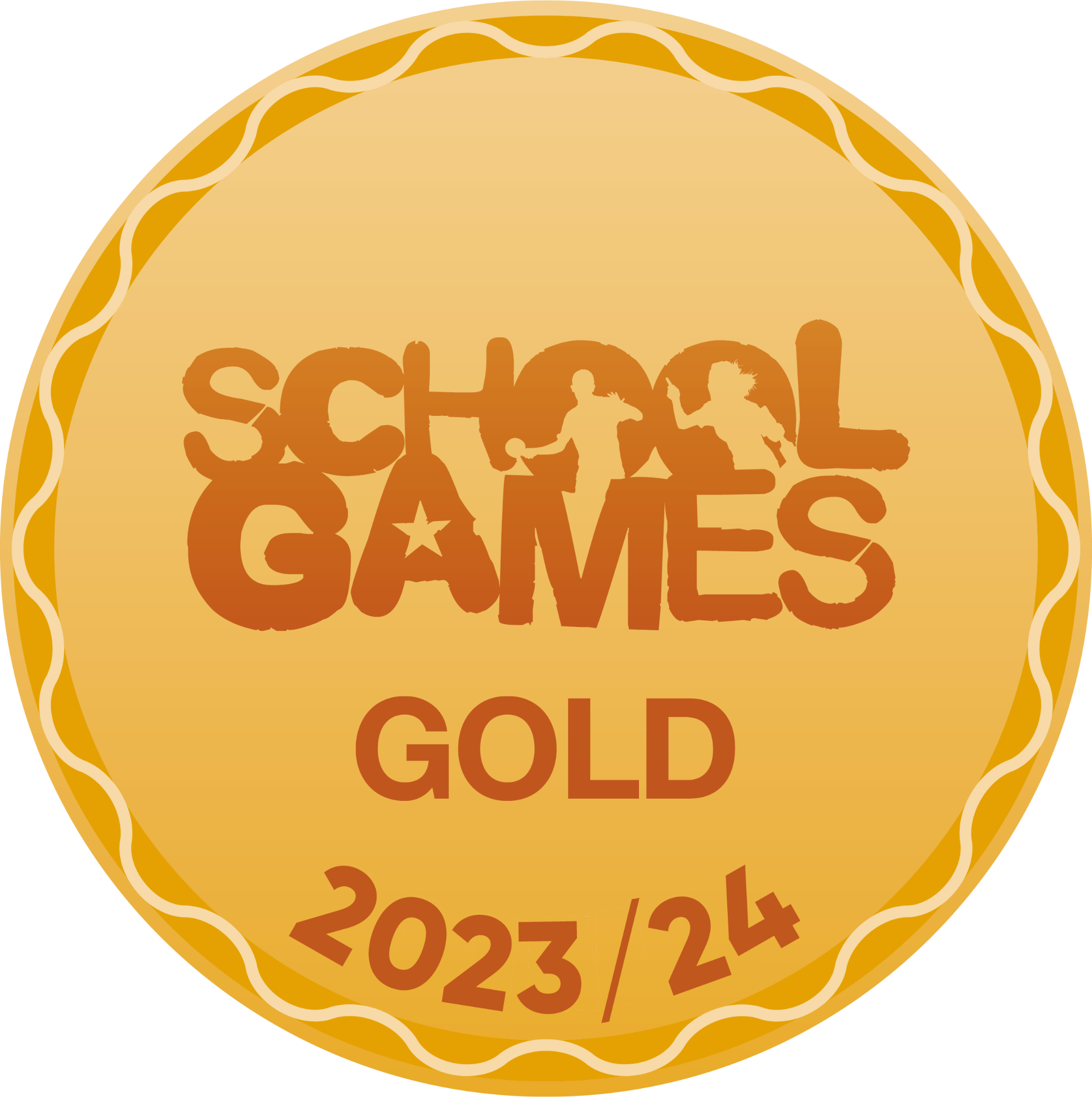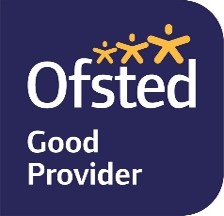Communication and Language
Communication and Language is a prime area in the Early Years Foundation Stage. The development of spoken language underpins all seven areas of learning and development within the Early Years Curriculum. Children’s back-and-forth interactions from an early age form the foundations for language and cognitive development.
What are the expectations in Reception and by the end of the year?
Throughout Reception the children are supported in reaching the end of year expectations. These are called the Communication and Language Early Learning Goals.
By the end of Reception children at the expected level in Listening, Attention and Understanding will:
- Listen attentively and respond to what they hear with relevant questions, comments and actions when being read to and during whole class discussions and small group interactions;
- Make comments about what they have heard and ask questions to clarify their understanding;
- Hold conversation when engaged in back-and-forth exchanges with their teacher and peers.
By the end of Reception children at the expected level in Speaking will:
- Participate in small group, class and one-to-one discussions, offering their own ideas, using recently introduced vocabulary;
- Offer explanations for why things might happen, making use of recently introduced vocabulary from stories, non-fiction, rhymes and poems when appropriate;
- Express their ideas and feelings about their experiences using full sentences, including use of past, present and future tenses and making use of conjunctions, with modelling and support from their teacher.
How do we teach Communication and Language at The Whiteoak Academies?
At The Whiteoak Academies, Communication and Language opportunities are woven through every activity and area of learning. Our learning environment is language rich and we ensure that all children participate in a number of high quality conversations with their adults and peers throughout the day.
We believe that learning through purposeful play is also vital in the development of communication and language skills. Both our teachers and teaching assistants spend time playing with the children, commenting on what children are interested in or doing, and echoing back what they say with new vocabulary added. These interactions are not only useful in supporting children socially but also in developing language further.
Reading is at the heart of our curriculum, with children engaging actively in story time, drama, individual reading, guided reading, rhymes and poems and non-fiction texts. Exposing our children to high quality texts and reading opportunities means they are provided them with extensive opportunities to use and embed new words in a range of contexts, providing the children with the opportunity to thrive. We have also invested in the 'Talk through Stories' scheme. This scheme involves the whole class enjoying a high quality picture book story over the course of two weeks. Over these two weeks the children are introduced to new vocabulary as well as role play opportunities, drama and case study scenarios to discuss and debate.
Throughout the year our practitioners also assess individual children’s speech and language. If speech and language needs are identified we will take the necessary steps to address any gaps in learning. For example, a resident Speech and Language therapist has worked with a small number of children this year. We also work closely with outside Speech and Language agencies. Our staff have attended training on Speech and Language and we have developed a range of resources to support the development of speech. Last year we were also fortunate to be selected to take part in the 'Nuffield Early Language Intervention (Neli)'. This involved small groups of children participating in speech and language activities. We will continue to use the fantastic activities and resources used this year.
Here are a few examples of activities in school that support the development of Communication and Language –
- Daily story times – rhymes, poems, songs Drama – story retelling, story squares
- Introduction of new vocabulary – Talk through Stories
- Conversation and play
- New experiences
- Small world
- Non – fiction
- Instruction and memory games
- Listening walks
- Communication and Language games
- Phase One games
How can you help your child progress in this area?
Parents play a critical role in a child’s early language development. If a child’s communication and language skills are supported from a young age it has been proven to aid their future opportunities. So, what can you do at home?
1. Talk, talk, talk. Conversation is essential to children's early development. Ask your child open ended questions about their day and avoid too much screen time. Although the internet provides lots of wonderful opportunities for learning, too much screen time will impact both your child's concentration and communicative skills. Introduce new vocabulary to your child, children love learning 'big' words! Talk about what you can see when you are out and about.
2. Read as much as possible! Enjoy story time with your child at home. Once your child starts school they will also begin to bring home picture books and decodable books. Set aside a special time each day to share a story. The local library is also a great place to visit.
3. Play lots of games. Have a go at playing some memory games at home. For example, the 'tray game'. Can your child remember all of the items on the tray when it is uncovered? These kinds of games will help develop long term memory and communicative skills.
4. Listen to music together. Young children love to sing and dance. When listening to music they will learn about the world around them and develop an understanding of rhythm in language, along with rhyme.
5. Role play. Children love imaginative play. Have a go at making up exciting stories and characters! Introduce them to the concept of the beginning, middle and end of the story. This will help their spoken development.
6. Encourage your child's interests. If your child is interested in something - encourage this! Ask them lots of open ended questions and encourage their curiosity and wonder.
